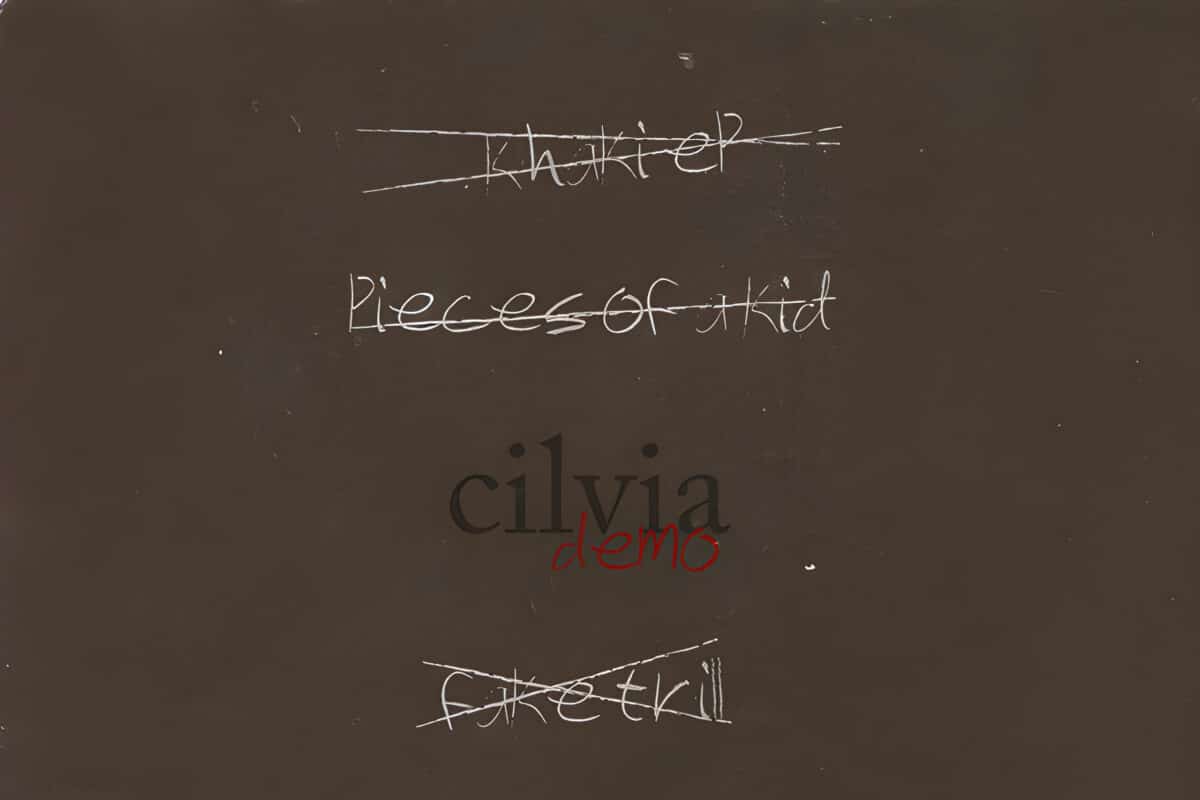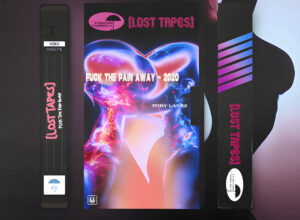Released: 2014
“R.I.P. Kevin Miller” by Isaiah Rashad is a complex meditation on legacy, struggle, and authenticity. Rashad navigates through themes of identity, survival, and ambition while critiquing the superficial lifestyle embraced by some in hip-hop culture. The song weaves in and out of nostalgia and harsh reality, painting a picture of personal and community challenges in his pursuit of genuine fulfillment.
The recurring hook, “Y’all live for bitches and blunts / We live for weed and money,” highlights the contrast between superficial pursuits and more substantial aspirations. Rashad is drawing a line between living for immediate, fleeting pleasures and striving for more substantial, albeit flawed, material and financial goals. It’s a statement on priorities and how they define one’s existence.
Rashad opens with reflections on mortality and legacy, confidently asserting that if he were to die today, his contributions to music and culture are noteworthy. He refers to himself as “the best they never heard,” acknowledging both his confidence in his talents and the struggle for recognition. His mention of 1998, when “Percy was the king” and “Juvie was the great,” nods to Master P and Juvenile’s reign in the Southern rap scene, connecting Rashad’s current ambitions with his musical influences.
In the first verse, Rashad brings forth vivid imagery, referring to “Patton,” presumably Big Boi from OutKast, who influences his style and hustle. His mention of “one day you here, then gone” could reference Chad Butler, aka Pimp C, underscoring the fleeting nature of life. This is followed by the reminder that the streets of Chattanooga are perilous, evoking a shark tank-like environment where one must constantly be wary.
Rashad speaks on the dangers and paranoia of substance abuse, slipping into a commentary on his own struggle with sobriety. He declares “Free Guwop if he in jail,” nodding to Gucci Mane, reflecting the solidarity and hope for those who are incarcerated due to systemic failures. The reference to a “scale” connects to drug dealing, indicating a point of survival in Rashad’s past. These elements collectively illustrate the dichotomy of survival and aspiration.
His disdain for “12,” a colloquial term for police, comes across as a powerful outcry against law enforcement’s oppressive impact on his community. This is further underlined with the phrase “cops ain’t neither,” painting them as another hurdle to his and his community’s freedom. Here, Rashad’s delivery echoes the ongoing struggles with racial injustice and the systemic adversities faced by many.
As the song progresses, Rashad insists that he’s more than capable of overcoming the hurdles set before him. He proudly references OutKast’s “Stankonia,” emphasizing the musical influence that fueled his ambitions from a young age. This revelation isn’t just personal; it’s an encouragement to his audience to harness their potential, defying expectations much like he strives to do.
Rashad’s verse pivots to his drive to maintain balance, evident when he mentions wanting “to keep my mental ground,” indicating the mental and emotional battles that accompany his rise in the industry. He admits to self-medication as a coping mechanism, with “Xanny ho get me high,” expressing both the temporary relief and the underlying vulnerability it entails.
As he delves into introspection, Rashad speaks about his bloodshot eyes, signaling stress, or perhaps excessive substance use, yet insists he “feels amazing,” painting a portrait of contradictions in his lifestyle. This complex view into his psyche illustrates the juxtaposition of external success with internal chaos.
In summary, “R.I.P. Kevin Miller” serves as both a personal narrative and a cultural critique. Isaiah Rashad crafts an introspective look at the importance of choosing meaningful pursuits over superficial distractions, reflecting on past influences while addressing contemporary issues. Through his evocative storytelling, he underscores the enduring challenges and hopes of those striving for authenticity and recognition in a turbulent world.








